Behind closed doors at Van Cleef & Arpels
A lesson in jewellery sleuthing with the maison's heritage director
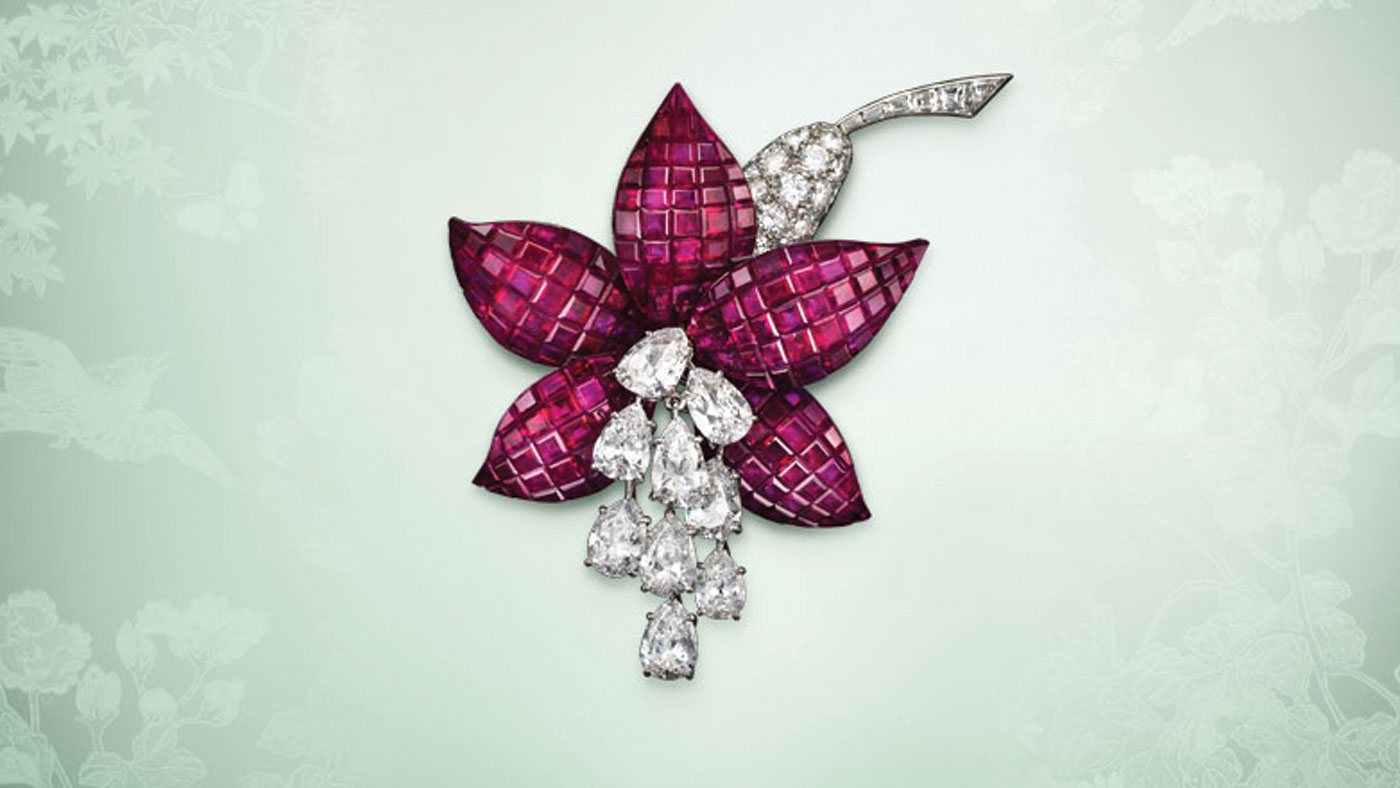
A free daily email with the biggest news stories of the day – and the best features from TheWeek.com
You are now subscribed
Your newsletter sign-up was successful
Catherine Cariou has a dream job. As heritage director of Van Cleef & Arpels, it's her role to seek out rare and historic pieces that have passed through the hands of princesses, film stars, aristocrats and high-brow collectors and procure them for the maison's precious archive. In essence, she's a highly skilled jewellery detective who is constantly travelling the world in search of elusive Van Cleef pieces with a story to tell. When she came to the role 16 years ago, there were 200 such pieces in the Van Cleef & Arpels private collection; today, there are more than 850.
"You must be like Sherlock Holmes," says Cariou in her French accent, which makes the comparison all the more endearing. Demurely dressed in a simple black dress with the house's signature Alhambra sautoir around her neck, she couldn't be more different to the pipe-smoking fictional British detective; yet this is indeed a career that requires serious sleuthing skills. "You must have a very good memory, and by this I mean an excellent visual memory, too," she continues. "In my line of business, you have to have your eyes and ears open all the time, otherwise you miss something easily."
Cariou is standing next to her latest discovery at Van Cleef & Arpels' New Bond Street boutique, which is showcasing a handful of its most treasured patrimonial pieces. "It is usually the last piece you find that is the most exciting," she enthuses, pointing to a collaret necklace made of facetted diamonds and sapphires which once belonged to Hollywood beauty Madeleine Carroll, star of the Alfred Hitchcock classics The 39 Steps and Secret Agent. "When I saw this piece in the Sotheby's catalogue, they showed the engraved number [in the photograph]. I was then able to go through our archive cards and trace it back to Madame Carroll. Now we are looking to see if the actress wore the necklace in any of her films or at any parties around that time."While famous auction houses are always fertile ground for treasure hunting, Cariou buys many pieces from private dealers and collectors as well as at international jewellery fairs. Tomorrow, she tells me, she's in Miami for one such event, followed by a visit to Maastricht, then Las Vegas in June, with lots of globetrotting in between. "For me, it is the most fascinating [thing] to buy off a private seller. This way, you get to know the story of the bijoux; the anecdotes."
The Week
Escape your echo chamber. Get the facts behind the news, plus analysis from multiple perspectives.

Sign up for The Week's Free Newsletters
From our morning news briefing to a weekly Good News Newsletter, get the best of The Week delivered directly to your inbox.
From our morning news briefing to a weekly Good News Newsletter, get the best of The Week delivered directly to your inbox.
Cariou studied history of art at the University of Rennes and Paris' École du Louvre before specialising in gemology. She worked for various auction houses before embarking on her magpie-like career at Van Cleef & Arpels. "I wanted to join une grande maison de joaillerie, and Van Cleef is one of the biggest and most beautiful," she says. "My parents were big collectors, and they would often take me to auction houses as a child. My mother also loved Van Cleef & Arpels and had four Alhambra necklaces: two in yellow gold, one in malachite and one in lapis lazuli. She wore them together and separately. Sometimes she linked them together to wear as a belt with a long hippy- chic dress – very trendy in the '70s! So it really runs in my blood."
In the centre of the room is a veritable bib of diamonds above made in 1939 for Queen Nazli of Egypt, who wore the necklace to the wedding of her daughter, Princess Fawzia, and Mohammad Reza Pahlavi, the future Shah of Iran. The marriage was not a happy one, and love was not the only thing that was lost. "I would like to fifind the matching tiara that Queen Nazli wore that day, but after the revolution in Egypt in 1952, her jewellery went all around the world – to Los Angeles, to Geneva, to Paris. But I believe it is still somewhere in the Middle East," says Cariou, knowingly. If she does know the whereabouts of the tiara, she's remaining coy; finding a historic piece is only half the battle, as Cariou then has to persuade the owner to part with their beloved heirlooms.
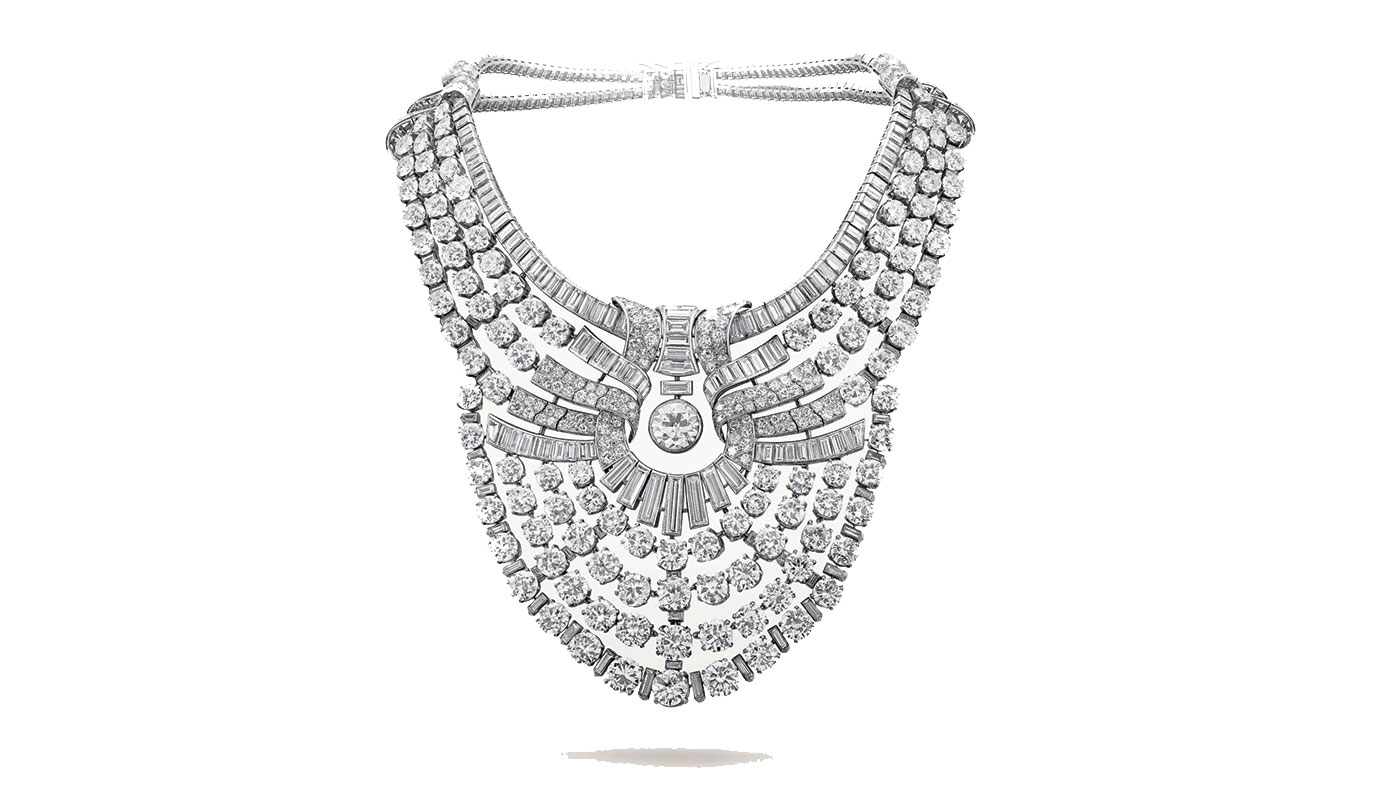
"I have been working at Van Cleef & Arpels for 16 years, and all this time I have been looking for this one!" says the heritage director, pointing to a picture of the maison's dazzling opening 'Pivoine' or peony clip, made in 1937. It's one half of a pair that was purchased – so it is presumed – for Princess Fawzia by the Egyptian ambassador in Paris in 1946. Van Cleef & Arpels did manage to acquire the matching closing Pivoine clip, whose delicate petals, leaves and stem are crafted from no less than 706 dazzling red rubies and 239 diamonds, using the maison's Mystery Set (where no prongs are visible), a technique it first patented in 1933. The blossoming Pivoine, however, remains an open case for the jewellery detective.
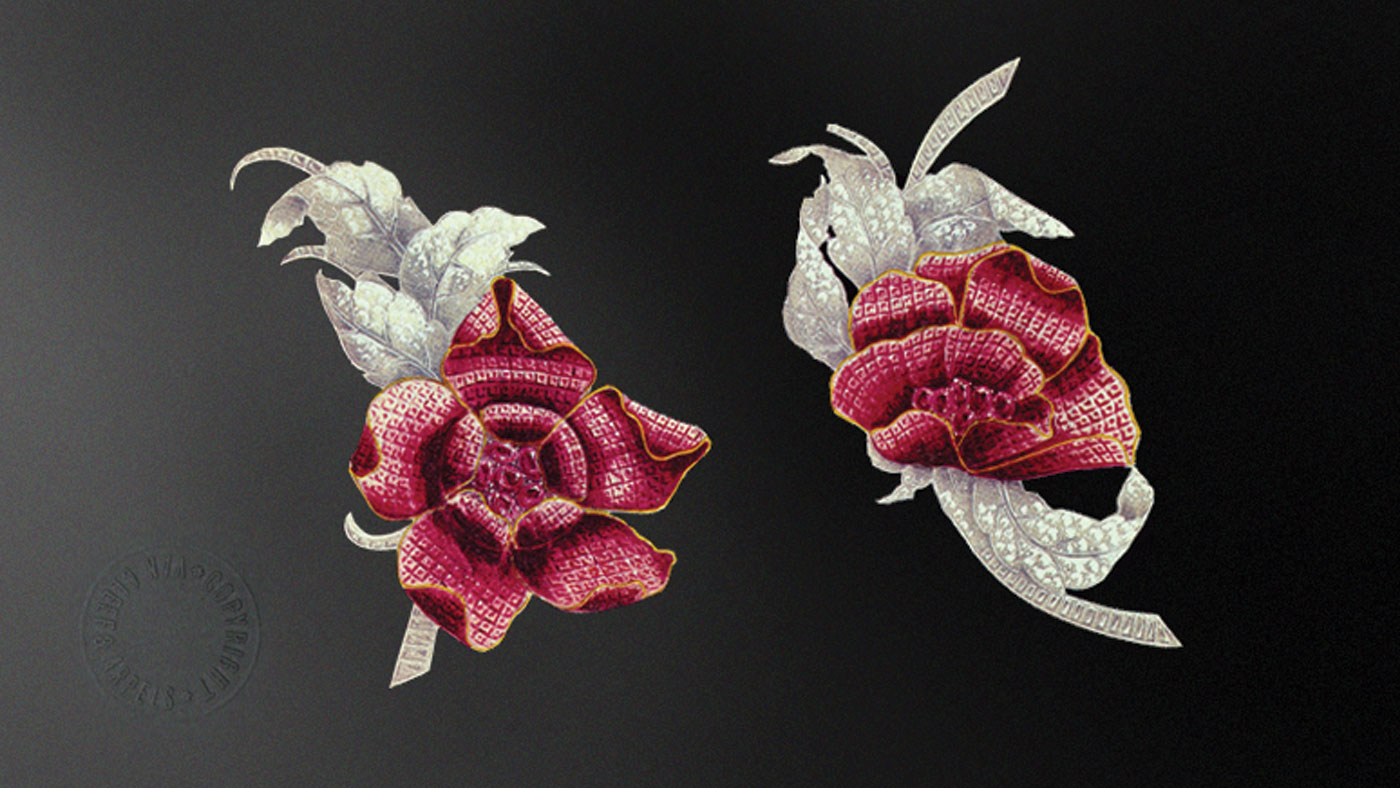
"I would love to get the two together. I know where it is now, but unfortunately, well...," Madame Cariou tails off, too frustrated to complete the sentence with anything but a French tut. Then a smile returns to her face. She has forgotten to show me the 'Spirit of Beauty' fairy clip that Woolworth heiress Barbara Hutton bought at the Van Cleef & Arpels boutique in Beverly Hills in the 1940s.
A free daily email with the biggest news stories of the day – and the best features from TheWeek.com
"Barbara Hutton had all the husbands: seven, including Cary Grant! Pas mal, non?" says Madame Cariou with a mischievous wink. Clearly she's of the opinion that while love may not run smooth, diamonds are forever.
Alexandra Zagalsky is a London-based journalist specialising in luxury, art and travel. She began her career working on a cultural guide for English-speaking expats in Paris, where her first major break was an interview with Lionel Poilâne, the late baker of Saint-Germain-des-Prés famed for his signature sourdough loaves. Returning to London in her early 20s, she went on to write for not only The Week but also The Art Newspaper’s Art of Luxury supplement, The Telegraph and The Times, as well as art and design platforms including 1stDibs’ Introspective Magazine and the magazines of the V&A, Sotheby’s and Christie’s. She studied fine art and art history at Goldsmiths, University of London and continues to explore travel journalism through the lens of art, craftsmanship and culture.
-
 The ‘ravenous’ demand for Cornish minerals
The ‘ravenous’ demand for Cornish mineralsUnder the Radar Growing need for critical minerals to power tech has intensified ‘appetite’ for lithium, which could be a ‘huge boon’ for local economy
-
 Why are election experts taking Trump’s midterm threats seriously?
Why are election experts taking Trump’s midterm threats seriously?IN THE SPOTLIGHT As the president muses about polling place deployments and a centralized electoral system aimed at one-party control, lawmakers are taking this administration at its word
-
 ‘Restaurateurs have become millionaires’
‘Restaurateurs have become millionaires’Instant Opinion Opinion, comment and editorials of the day
-
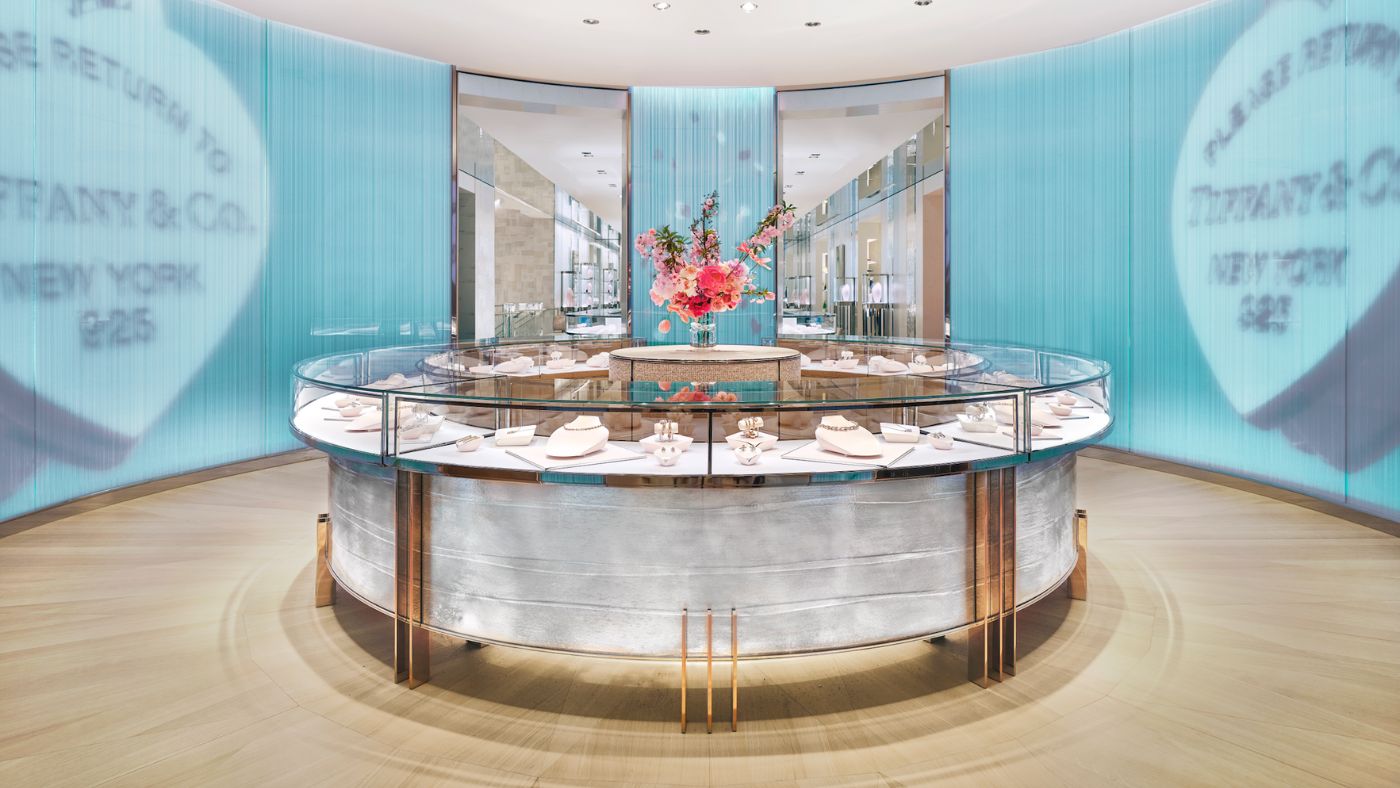 Alexandre Arnault interview: The Landmark heralds a ‘new era’ for Tiffany & Co.
Alexandre Arnault interview: The Landmark heralds a ‘new era’ for Tiffany & Co.Under the Radar Arnault takes us on a tour of the luxury brand’s renovated flagship store in New York
-
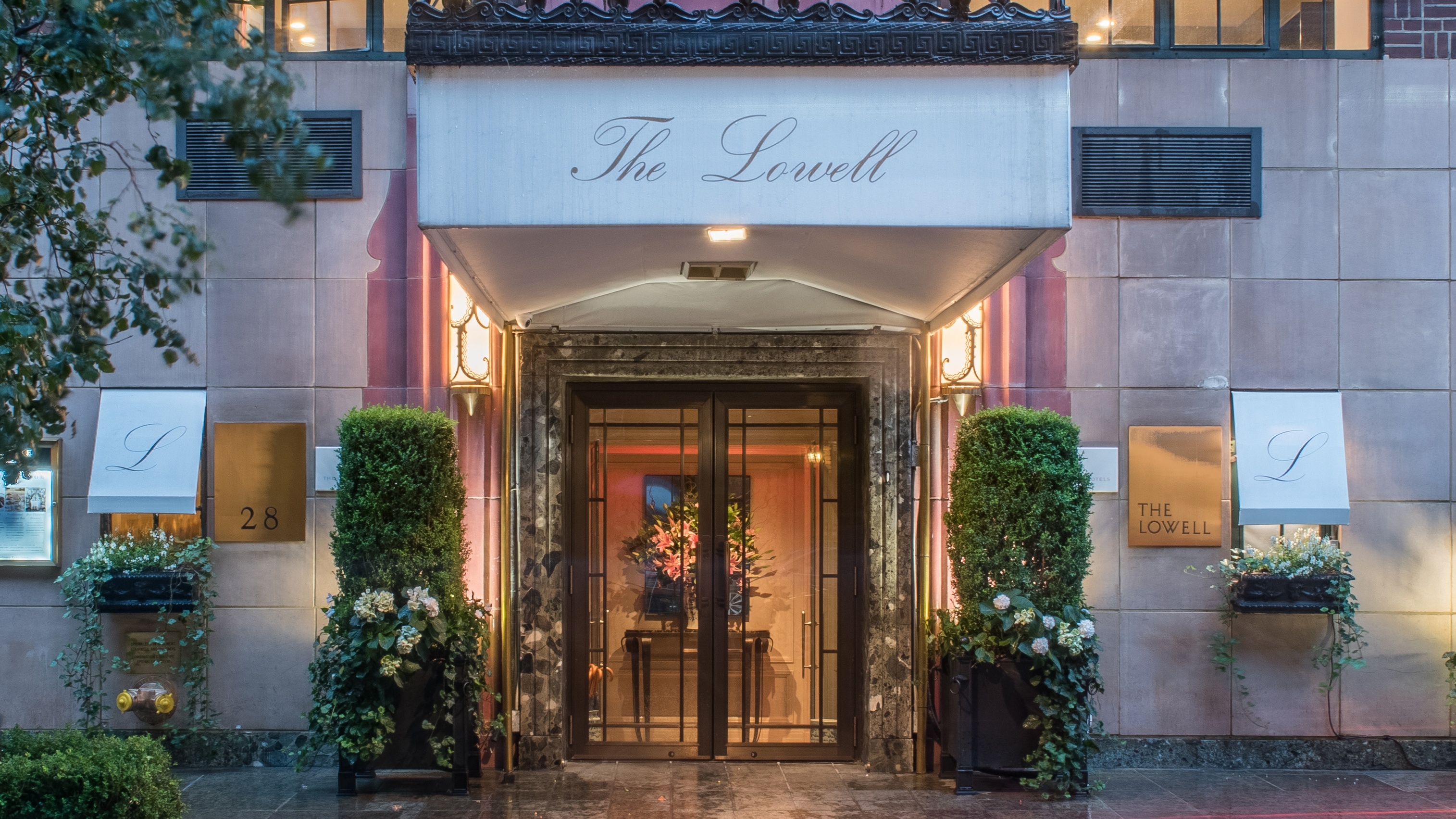 The Lowell Hotel, New York review: an address book secret
The Lowell Hotel, New York review: an address book secretThe Week Recommends
-
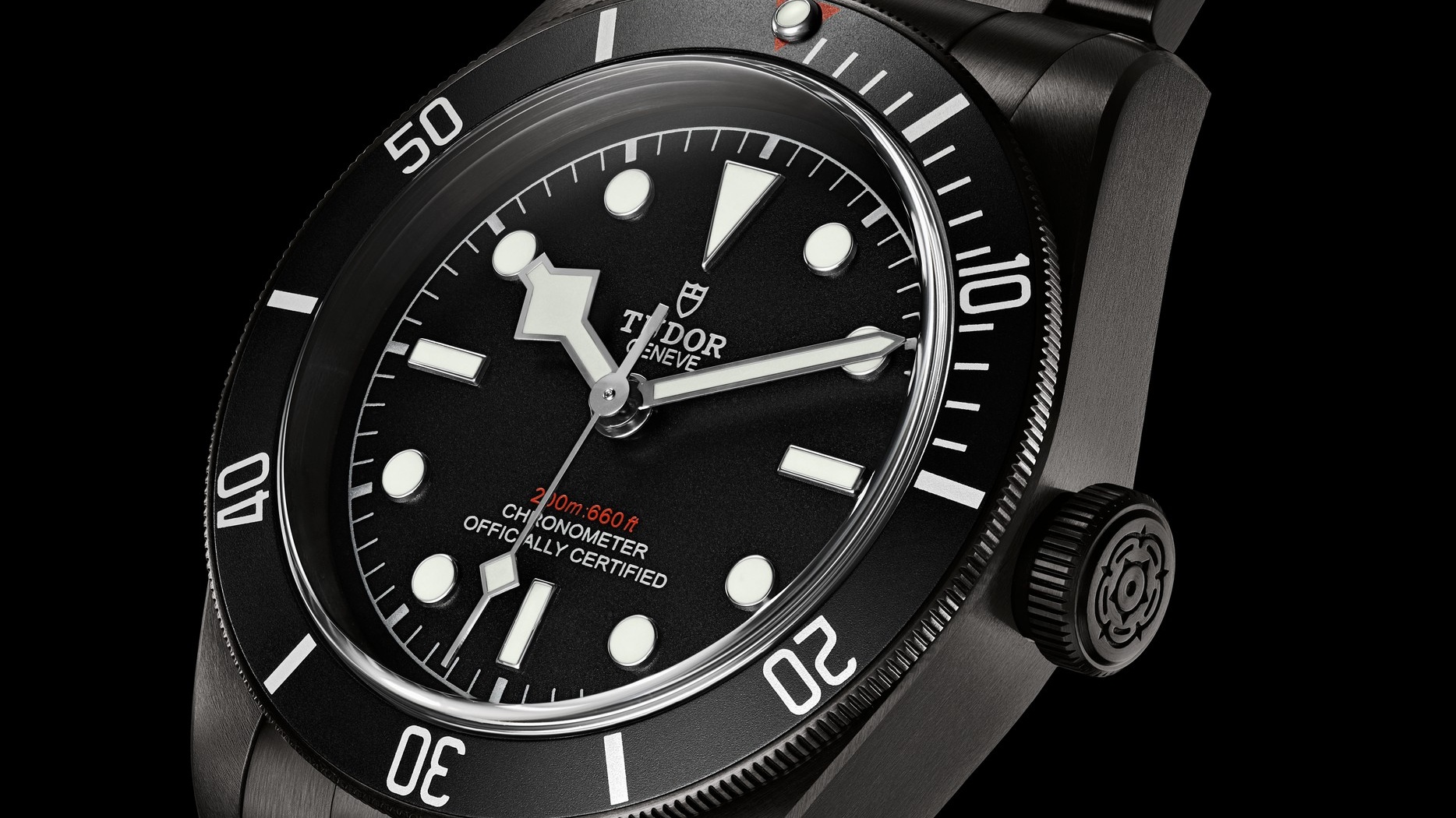 Tudor Heritage Black Bay Dark review: go back to black
Tudor Heritage Black Bay Dark review: go back to blackThe Week Recommends
-
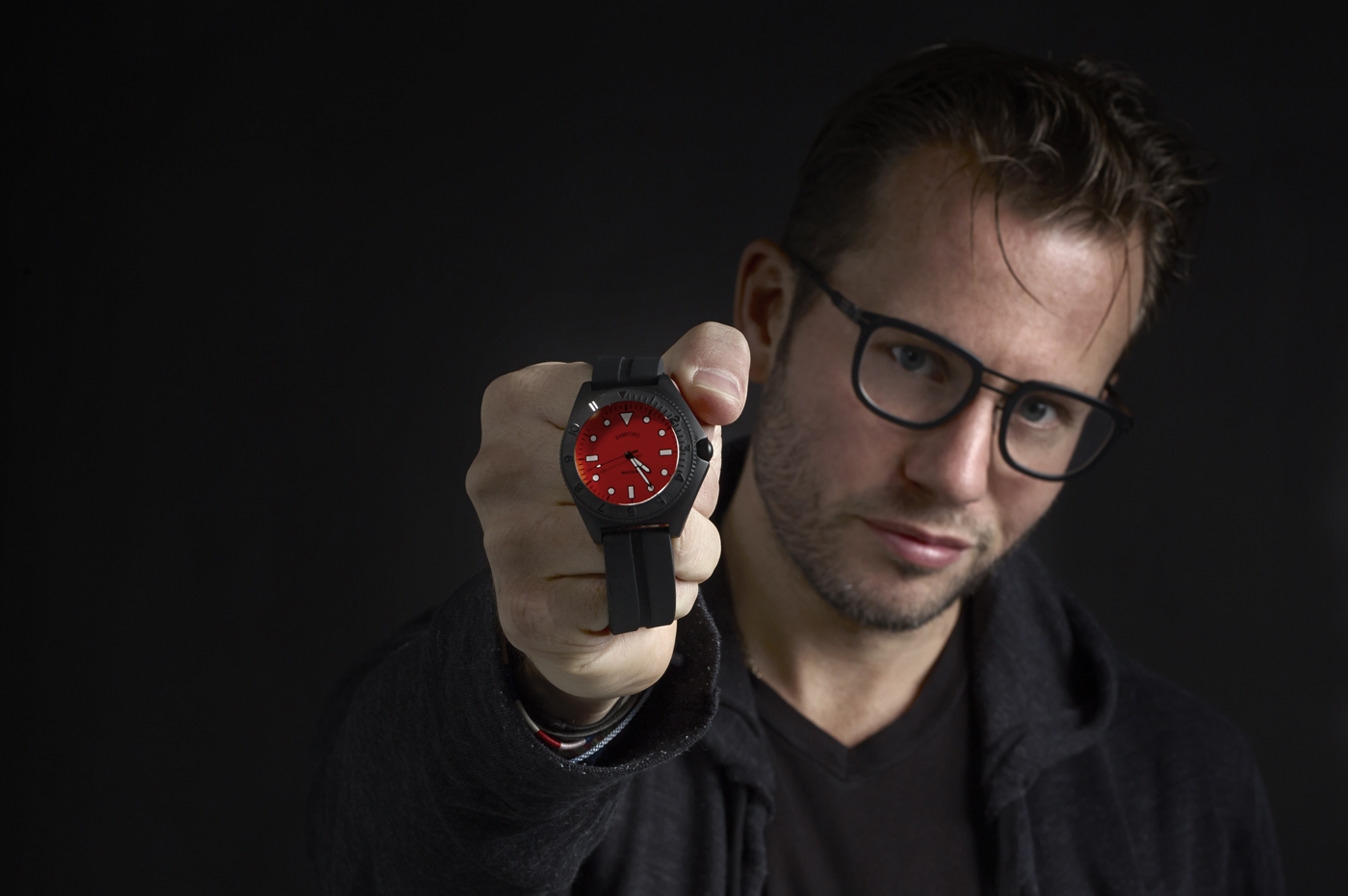 George Bamford interview: the rise and rise of British watchmaking
George Bamford interview: the rise and rise of British watchmakingIn Depth
-
 Grand Hotel Tremezzo review: that happy, sunny place
Grand Hotel Tremezzo review: that happy, sunny placeThe Week Recommends The ‘grande dame’ of Lake Como has had a facelift yet retains her old-world splendour
-
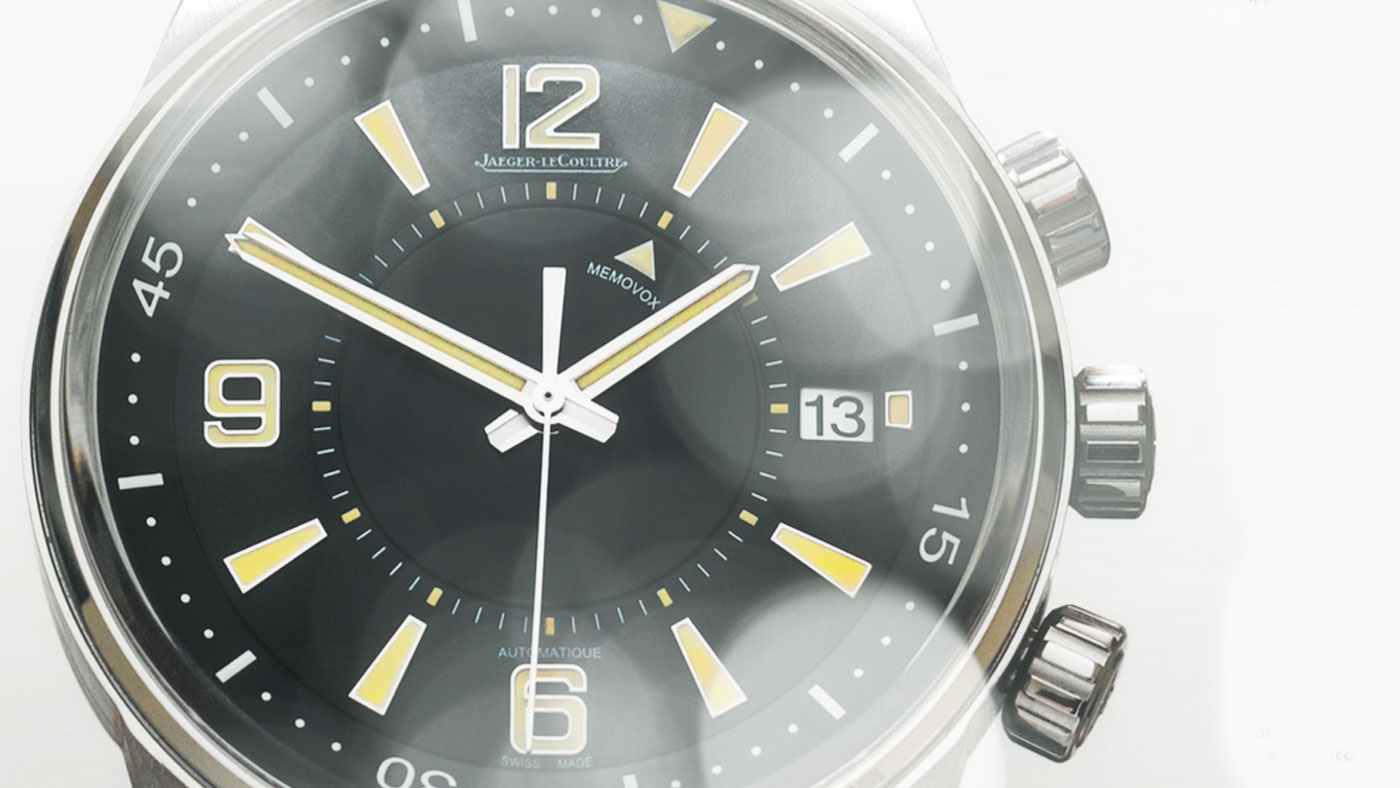 A guide to the best classic re-issue watches
A guide to the best classic re-issue watchesThe Week Recommends
-
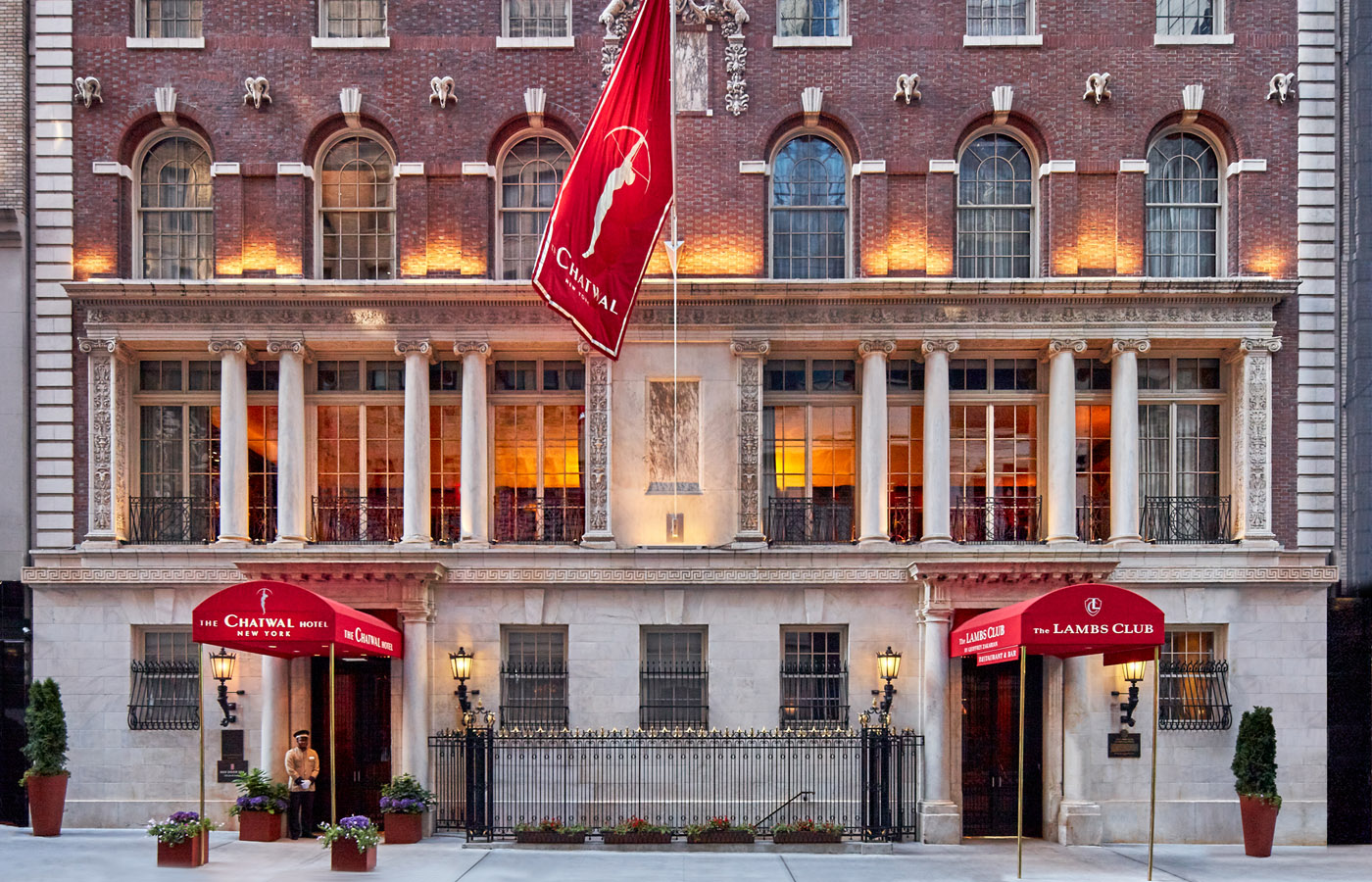 Valentine's Day 2017: the best last-minute holidays
Valentine's Day 2017: the best last-minute holidaysThe Week Recommends Five great places to take your significant other - or your pals
-
 Aurora hunters: on the trail of the Northern Lights
Aurora hunters: on the trail of the Northern LightsThe Week Recommends You may travel north in search of the Northern Lights, but this is no guarantee that you will actually see them